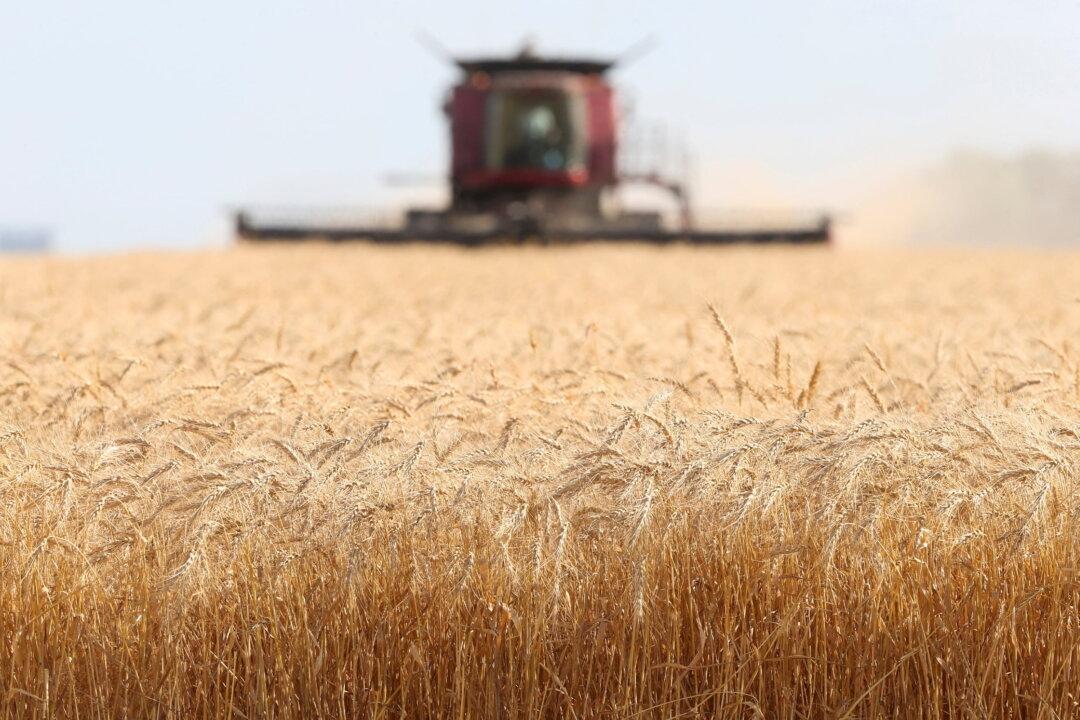Canada’s chief science advisor was never consulted by the federal government on its voluntary 30 percent fertilizer emissions reduction target to determine if the policy will impact food production in the country, a parliamentary committee heard.
Mona Nemer appeared before the House of Commons Standing Committee on Science and Research on Feb. 2, where she was asked about the frequency of her consultations with the federal government regarding policy decisions.





